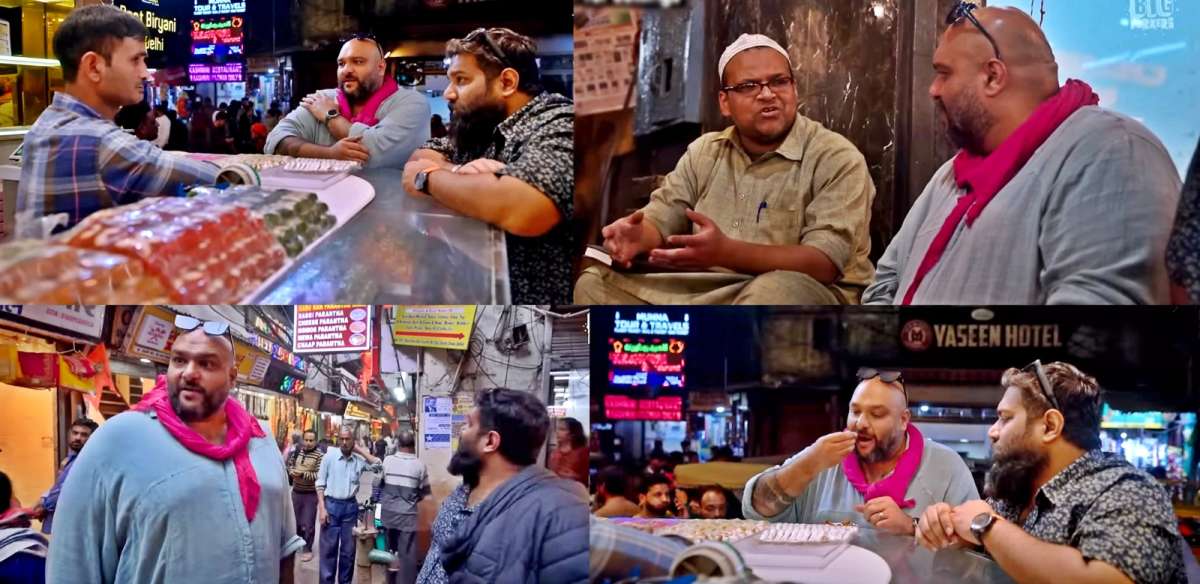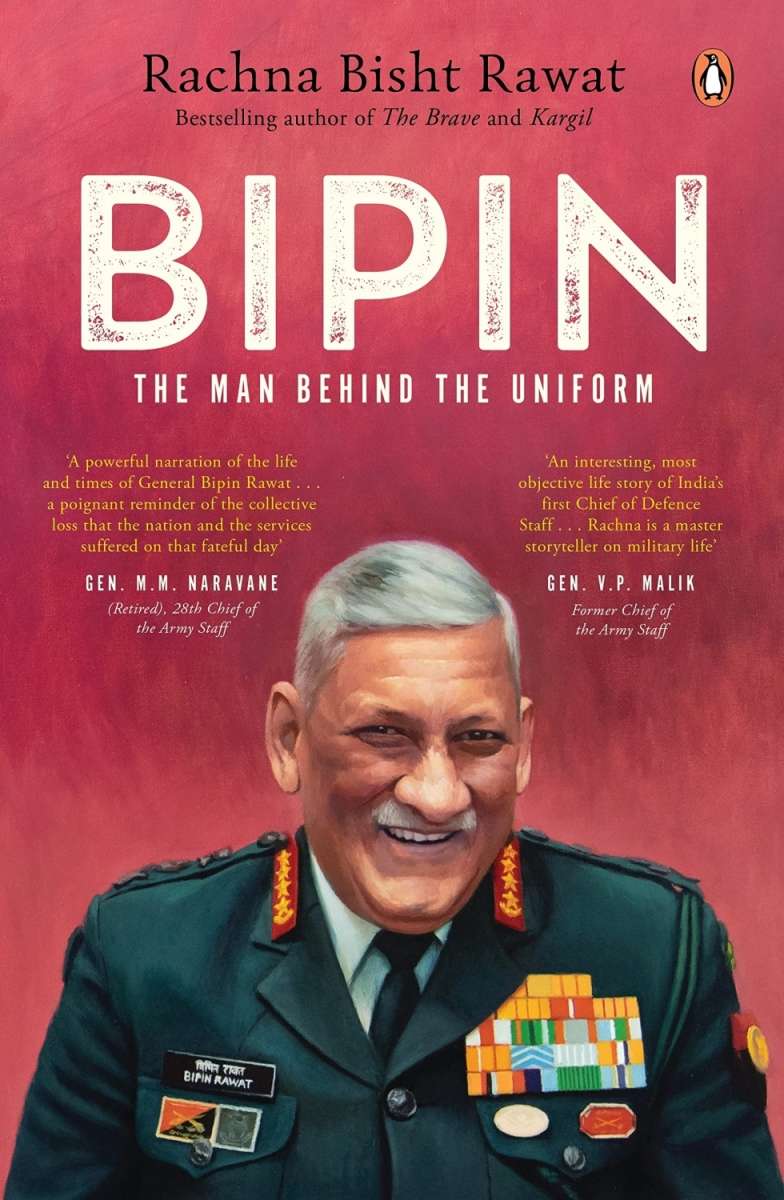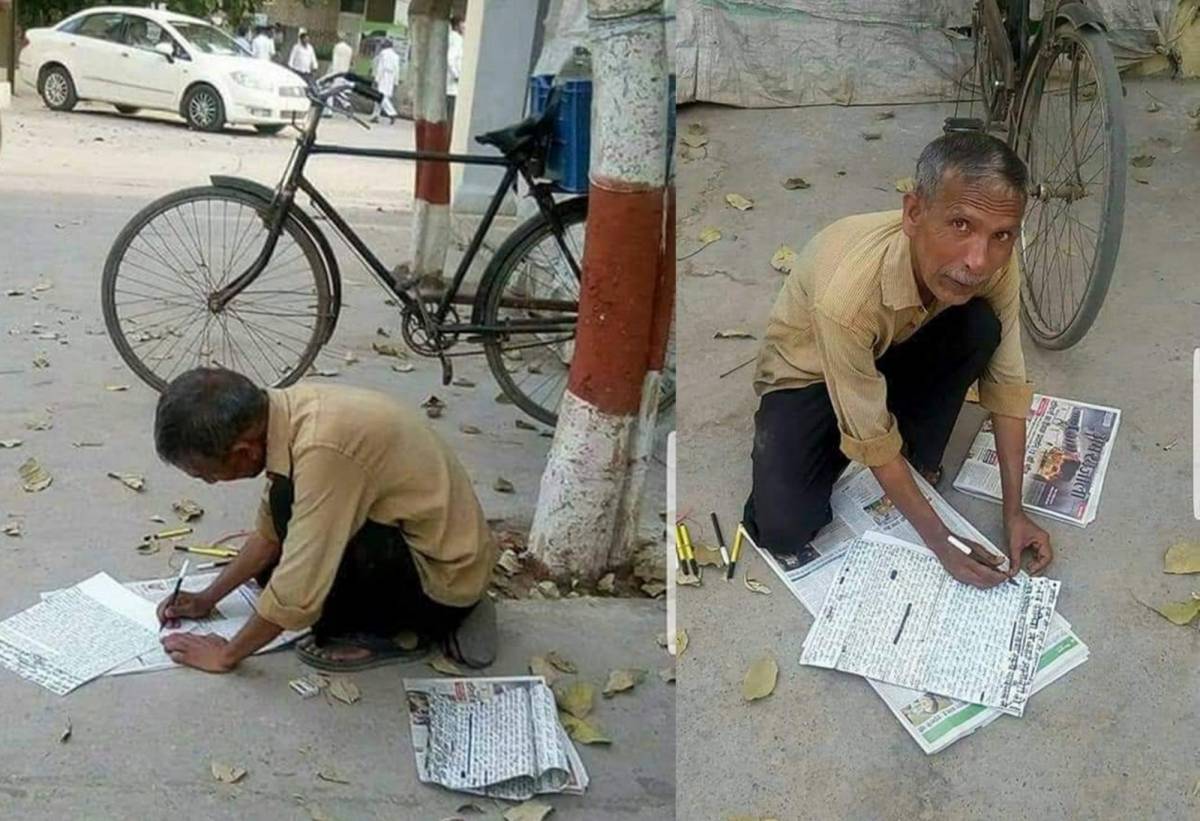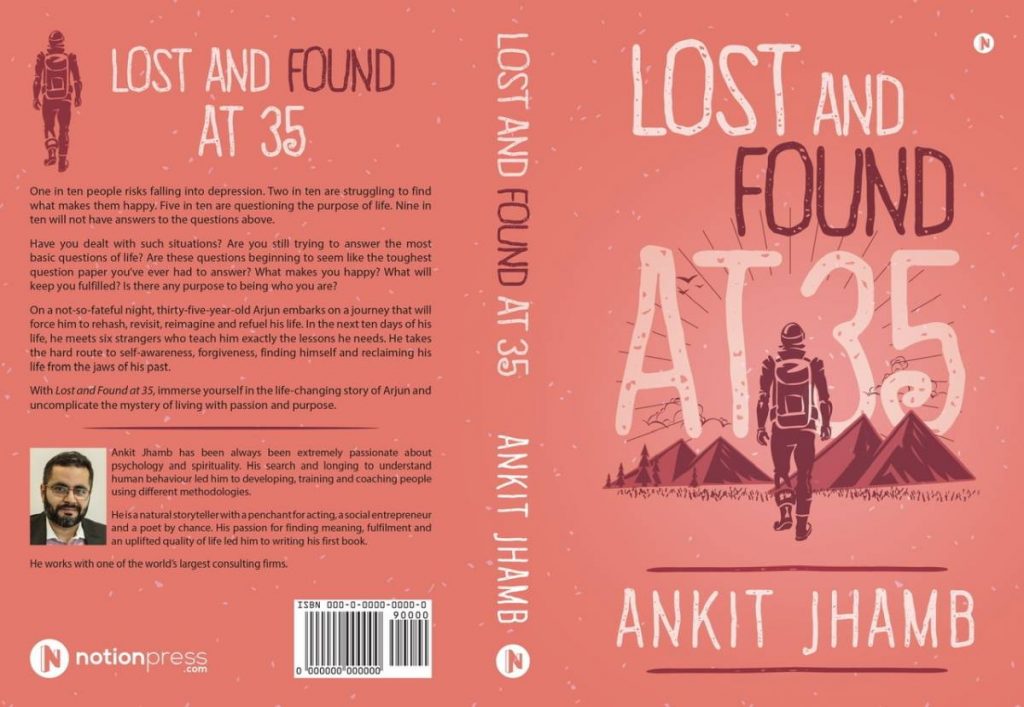During the trip, seeing the lengths they were prepared to go to have the best Paella, one of their mates, who’s a social media influencer, suggested that Sid and Shanky should launch their own YouTube channel so that they could keep travelling for food and talking about it, and perhaps, also make some money out of their work…reports Sourish Bhattacharyya
A lot of people like to eat, but Shashank ‘Shanky’ Jayakumar and Sid Mewara, who are more famous as The Big Forkers (sorry, they are not exactly politically correct!), have travelled the world, talking all the way, for their love of food.
Sid, a Florida chef-turned-Wharton-trained-investment-banker living in Goa, was in Italy some years ago, getting hard-nosed over a business deal, when he received a call from Shanky, his first cousin (their parents are brother and sister), who’s also a techpreneur and World Bank consultant, asking for his opinion on where to have the best paella in Spain.
Sid not only had the answer, but also got so excited about his cousin getting to have the best paella in Spain, that he flew off to Valencia to join Shanky and partake of the treat. They then joined a group of friends who were travelling in the footsteps of chef, television star and best-selling author Anthony Bourdain to discover the culinary secrets of Southern Spain.
During the trip, seeing the lengths they were prepared to go to have the best Paella, one of their mates, who’s a social media influencer, suggested that Sid and Shanky should launch their own YouTube channel so that they could keep travelling for food and talking about it, and perhaps, also make some money out of their work.
Shanky may have travelled, eaten well and developed a personality that reflects his passion for all things edible, but he had no media experience. And the closest that Sid ever came to becoming famous was to dash off an email on Yahoo! to Discovery Channel pitching for a programme. That was 23 years ago — and Discovery did not bother to reply.
But they were confident they could talk non-stop, and Shanky, being a techie based out of Mumbai, knew enough people who could do a decent job producing YouTube videos.
Covid and the lockdowns intervened, forcing them to can their plan, but they used the time to seed the idea of ‘The Big Forkers’, a YouTube channel that makes an immediate impression for its superior production values, conversational format and creative use of graphics to convey information that channel hosts tend to meander with (often exposing their rather limited knowledge of the language of food).
On their channel, as the irreverent and voluble Sid and Shanky travel from the Shetty bars of Mumbai to Singapore, where they find out what real Chilli Chicken looks and tastes like, and to the barbecue haunts of ‘brisket country’ Austin, North Texas, they also make sure they do not miss the laphing at Humayunpur in New Delhi or the ‘holige’ at Nalapakkas in Bengaluru.
In between, they take viewers on food journeys that definitely leave them salivating, but if Sid and Shanky find Natraj’s ‘aloo tikki’ to be underwhelming, they won’t hold back their punches and try to be polite. They don’t overload the episodes with ‘gyan’, leaving that job to graphics that have a street art feel to them.
Not that their viewers are allergic to knowledge. We stumbled upon one who explained why the word ‘habashi’ in the name of the popular halwa selling near Delhi’s Jama Masjid isn’t a pejorative reference to its dark colour because of the caramelised sugar, but points to its possible origin in Ethiopia (Al Habash), a country with which India has had old ties.
Their most recent season has brought them to Delhi, where they travel from the bylanes of Chandni Chowk, sampling the chaats and Jung Bahadur’s kachoris, to the Jama Masjid neighbourhood populated by such legends as Kallu (nihari), Aslam (butter chicken), Haji Kallan Bawarchi (dal gosht), and of course, Karim’s and Al Jawahar.
And then they go to Delhi’s North-East hub, Humayunpur, where they take us to on delicious journey across Yo Tibet, Lha Kitchen, Ao Assam and Hornbill — restaurants that stand out for pork with laal shaak, duck curry and meat laphing, apart from the more predictable momos and thukpas.
It is not just their passion for food, and the unscripted nature of their channel, but their head for business that also makes Shanky and Sid stand apart. As Sid put it, most people driving Indian YouTube channels aren’t able to monetise their work even if they have a massive reach because vast audiences don’t necessarily translate into significant ‘wallet power’.
What they have successfully shown to their partners, notably alcohol brands, is that they may have a subscriber base that can be measured in tens of thousands, but they are all people with wallet power, with whom they engage through events and the Forkers Dining Club, a celebratory WhatsApp group, where members from across the country share information about food and also their meal experiences.
Shanky and Sid now plan to set up a media company to advise people like them, who have a passion for food and knowledge to share, about how to maximise returns from their YouTube channels. They wish to put their knowledge of business to good use not just for themselves.
Will their head for business get to bond with what their heart dictates? If they are able to seal the marriage between heart and head, they may just end the eternal existential dilemma of food YouTubers, who are forever torn between extravagant love and elusive money.
ALSO READ-India’s Capex Fuels Capital Goods Surge





















